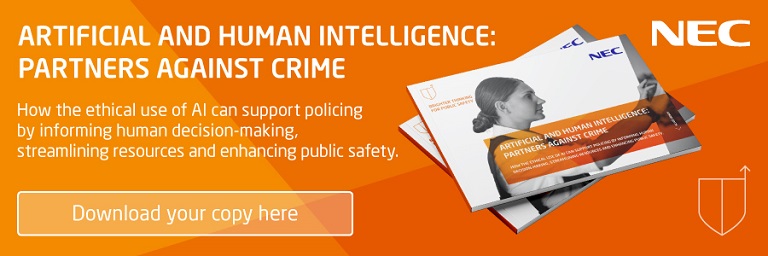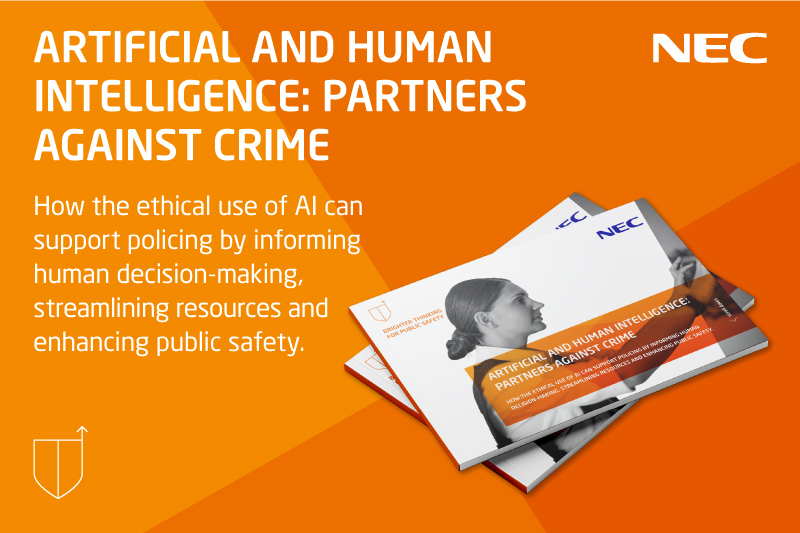AI and automation present exceptional opportunities for policing.
With fewer people and resources available to tackle increasingly complex situations, police forces need technology which can help them with a host of challenges. AI and automation can support policing with these challenges in a variety of ways.
AI systems have the potential to help speed up response times and prioritise how resources are allocated. While machine learning models are becoming increasingly sophisticated, and offer the potential to spot patterns, anticipate risk and prevent harm.
According to the UK Government’s 2024 report into public attitudes to data and AI, 44% of people think AI will have a positive impact on crime prevention and detection, while only 19% foresee a negative impact. By combining the power of AI with the experience, insight and understanding of the human mind, policing will be well placed to tackle society’s challenges and win public trust.
With fewer people and resources available to tackle increasingly complex situations, police forces need technology which can help them with a host of challenges. AI and automation can support policing with these challenges in a variety of ways.
Predictive Policing
Police forces can use AI to analyse vast amounts of data to predict likely outcomes – tasks which would take a lot of time, effort and resource to complete. The AI does the legwork, while the human interprets it and uses it ethically to make decisions.
Crime Solving
Identifying suspects and pursuing investigations takes time, resource and brainpower. AI can support policing in realtime by processing vast quantities of information to find suspects more quickly. The technology can also help to inform human decisions about which actions to take.
Incident Response
Call handlers and control room teams are experts at responding to incidents, but if they are talking to a person in distress, or responding to a complex situation, it can be difficult to determine which resources are needed.
People and Communities
When members of the public need to talk to the police, emotions can often run high. AI can help improve communications by interpreting people’s speech and demeanour. There are also tools and techniques which can make it easier to question people in difficult circumstances.
The benefits of using AI in policing are clear. However, it is important that AI and automation is used ethically and responsibly, with the final decision always going to a human decision-maker.
To adopt an ethical approach, there needs to be clear oversight of the role AI can play in policing. However, with any rapidly evolving technology, innovation accelerates at an astonishing pace and it can take time for regulation and controls to catch up.
The time is right for policing to take full advantage of AI and automation
Police services, globally, are facing a set of intense challenges. Divided communities, economic hardship and organised crime are putting a strain on resources, while policing is dealing with a workforce crisis which is leaving forces short staffed.
There is great potential for AI to relieve some of the pressure on the police, just when it’s most needed.
Rapid innovation in technology is opening up tremendous possibilities to bring AI into all aspects of policing, with the opportunity to build a more effective, responsive and proficient service.
Download your copy of ‘Artificial and Human Intelligence: Partners Against Crime’ and learn more about how the ethical use of AI can support policing by informing human decision-making, streamlining resources and enhancing public safety.



